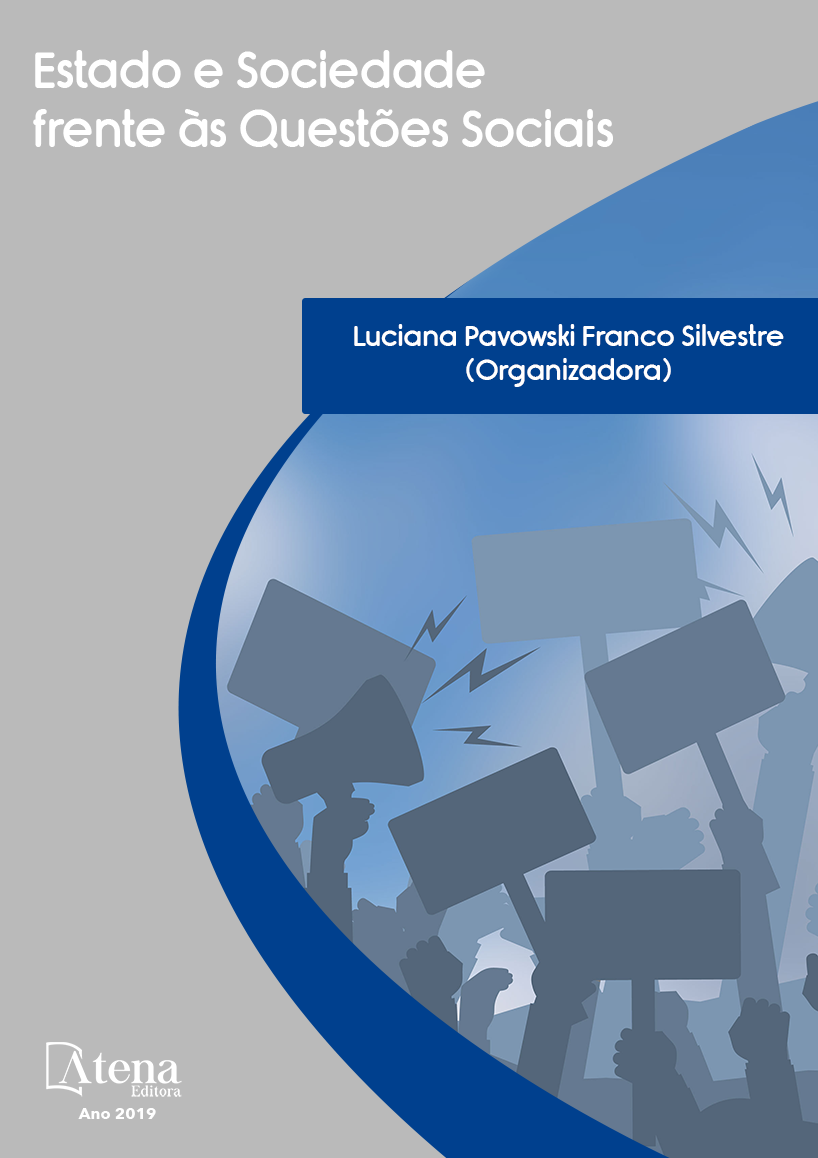
POLÍTICAS EDUCACIONAIS NO BRASIL
A educação constitui o fenômeno
pelo qual um indivíduo ou grupos de indivíduos
obtém conhecimentos, oferecendo ao homem
meios que permitam estimular as transformações
materiais e espirituais exigidas pelo dinamismo
da sociedade. Já nas cidades da Grécia antiga,
como Atenas e Esparta, diferentes formas de
educação faziam-se presentes, porém, todas
voltadas para os interesses da sociedade. No
Brasil, as políticas educacionais e as reformas
promovidas ao longo do desenvolvimento
das diretrizes educacionais, sempre foram
influenciadas pelos interesses elitistas. O
movimento intitulado como Escola Nova,
cuja origem é européia, chegou ao Brasil no
início do século XX. Seu objetivo consiste em
defender a idéia de educação voltada para a
continuação e renovação da vida social, pois
o sentido da vida é sua própria continuidade
e essa continuidade só é possível através da
constante renovação dos métodos de ensino
adequados às necessidades da sociedade. A
atual LDB nº 9.394 de 1996, assegura que a
educação tem por objetivo a formação básica do
cidadão, incluindo preparação para o trabalho
e a cidadania do educando, para continuar
aprendendo, de forma que seja capaz de se
adaptar a novas condições de ocupação ou
aperfeiçoamento posteriores. Além disso, a LDB
também prevê o aprimoramento do educando,
incluindo a formação ética e o desenvolvimento
da autonomia intelectual e do pensamento
crítico.
POLÍTICAS EDUCACIONAIS NO BRASIL
-
DOI: 10.22533/at.ed.01419211111
-
Palavras-chave: política – educação – história – sociedade
-
Keywords: policy; education; history; society.
-
Abstract:
Education constitutes a
phenomenon in which an individual or group of
individuals get knowledge, offering man means
that allow to stimulate spiritual and material
transformations demanded by the dynamism of
our society. In cities like Athens or Sparta, from
Ancient Greece, different forms of education
were practised, however, all of them aimed at
the interests of the society. In Brazil, educational
policies and reforms promoted throughout the
development of the educational directions, were
always influenced bythe elistist interests. The
movement intitled as New School, whose origin is European, arrived in Brazilin the
beginning of the 20th Century. Its objective consists in defending the idea of education
aiming at continuation and renewal of social life, for the sense of life is its own continuity
and this continuity is only possible through the constant renew of teaching methods
adequate to the needs of the society. The current LDB nr 9394 of 1996 (a set of laws
in Brazil) aims at the basic formation of a citizen, including the preparation for work and
the citizenship of the student so that he will continue learning, in a way he will be able
to adapt to new conditions of occupation or improvement of the student, including ethic
formation and the development of intelectual autonomy and critical thinking.
-
Número de páginas: 14
- Adelcio Machado dos Santos
- Juciele Marta Baldissarelli


